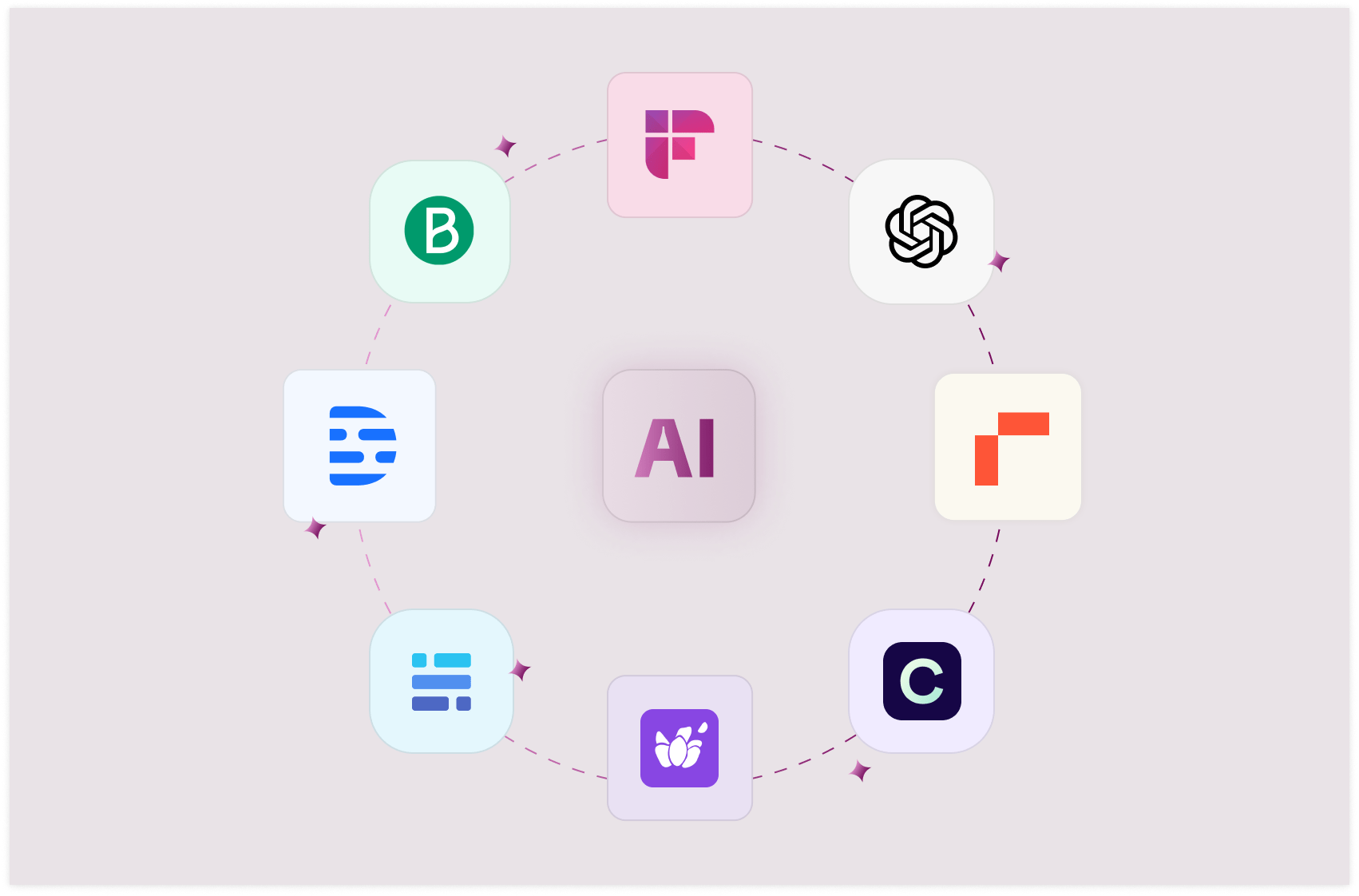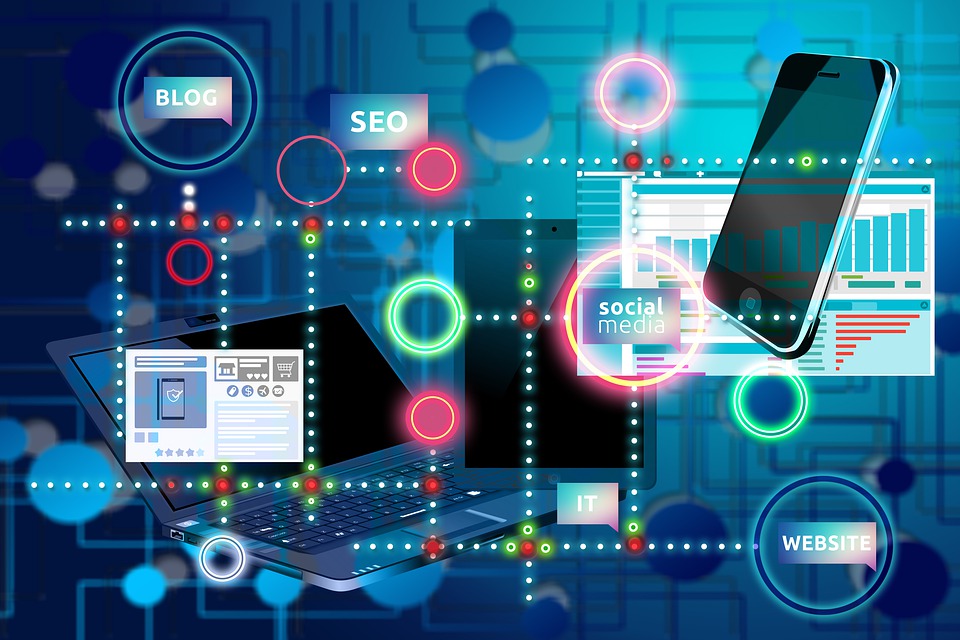
One of the most powerful trends in 2025 is AI-powered marketing. Artificial intelligence is transforming customer interactions through automated chatbots, smart content creation, predictive analytics, and hyper-personalized ads. AI tools help businesses understand user intent, forecast buying behavior, and deliver relevant content based on real-time data.
Another key trend is personalization at scale. Consumers no longer respond to generic marketing. They expect experiences tailored to their interests, browsing behavior, and past interactions. From dynamic landing pages and personalized push notifications to AI-based recommendations and segmented email campaigns, brands are customizing every touchpoint.
Voice search optimization is also gaining momentum. With the continued rise of smart assistants like Siri, Alexa, and Google Assistant, voice-based queries are becoming a major part of online searches. Optimizing content with natural language, FAQ structures, and conversational long-tail keywords is now crucial for visibility.
Short-form video content continues to dominate platforms like Instagram Reels and YouTube Shorts. In 2025, brands are using bite-sized videos to educate, entertain, and inspire. Authentic, behind-the-scenes clips, quick tutorials, and user-generated content are outperforming traditional ads and long-form promotional videos.
Social commerce is rapidly growing as platforms enhance in-app buying experiences. Instagram, Facebook, and Pinterest now enable users to discover, explore, and purchase products without ever leaving the platform. Live shopping and influencer-driven product showcases are accelerating conversions like never before.
Another rising trend is influencer and micro-influencer marketing. Instead of working with high-cost celebrities, brands are partnering with niche creators who have smaller but highly engaged audiences. This approach builds trust, boosts authenticity, and drives better ROI.
Marketing automation is helping brands work smarter. From automated social media posting and chatbot follow-ups to behavior-triggered email sequences and CRM integration, automation tools allow businesses to maintain consistency while saving time and resources.
On the SEO front, EEAT-focused content (Experience, Expertise, Authoritativeness, Trustworthiness) is becoming a ranking priority. Google’s algorithms now reward websites that offer original data, expert insights, and well-structured content backed by authority and credibility. Long-form guides, case studies, and interactive content are performing particularly well.
Data privacy and ethical marketing are more important than ever. With stricter regulations and growing user awareness, brands must focus on transparent data usage, cookie consent, permission-based advertising, and secure user experiences. Trust is now a major factor in customer retention.
Augmented Reality (AR) marketing is transforming digital shopping experiences. From virtual try-ons for fashion and eyewear to 3D product previews for furniture and home decor, AR helps customers visualize purchases before buying, improving satisfaction and reducing returns.
Beyond these, several additional trends are shaping the digital marketing landscape:
Interactive Content Growth
Polls, quizzes, calculators, and interactive videos are increasing engagement rates and dwell time, making them valuable tools for lead generation and retention.
Community-Based Marketing
Brands are investing in private groups, online communities, and membership platforms to build loyal customer bases and encourage repeat business.
Sustainability and Purpose-Driven Branding
Consumers now support brands that reflect their values. Ethical messaging, eco-conscious campaigns, and social responsibility initiatives are helping businesses connect emotionally with their audience.
First-Party Data Collection
As third-party cookies phase out, brands are shifting to first-party and zero-party data through newsletters, gated content, and loyalty programs.
Hybrid Events and Virtual Experiences
With the blend of digital and physical engagement, brands are using webinars, virtual launches, and hybrid conferences to boost reach and participation.
Conclusion
Digital marketing in 2025 is defined by innovation, personalization, and user experience. AI, video content, automation, AR, voice search, and data-driven strategies are transforming how brands connect with customers. Businesses that adapt quickly and embrace these emerging trends will see stronger engagement, higher conversions, and greater brand loyalty. Staying agile, consumer-focused, and tech-enabled is the key to thriving in the ever-evolving digital landscape.
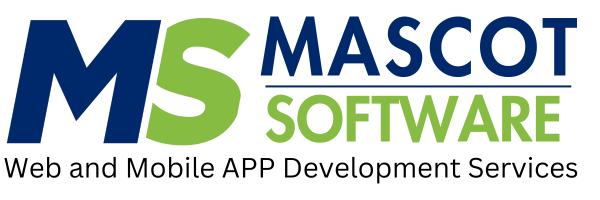
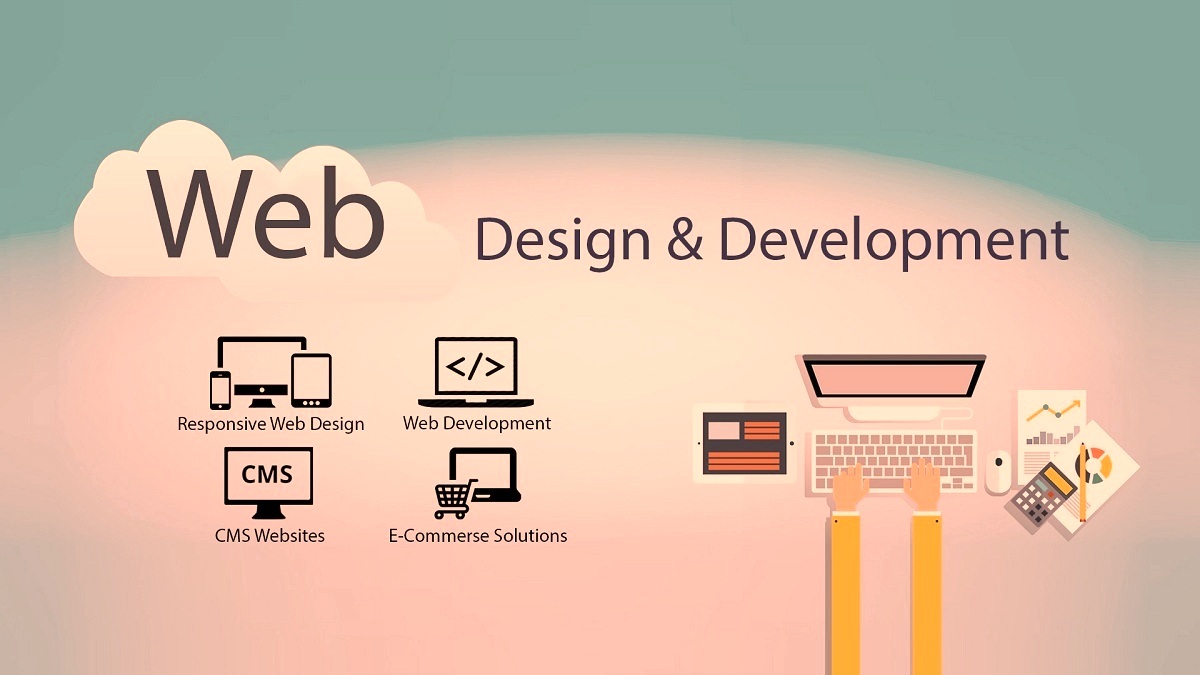
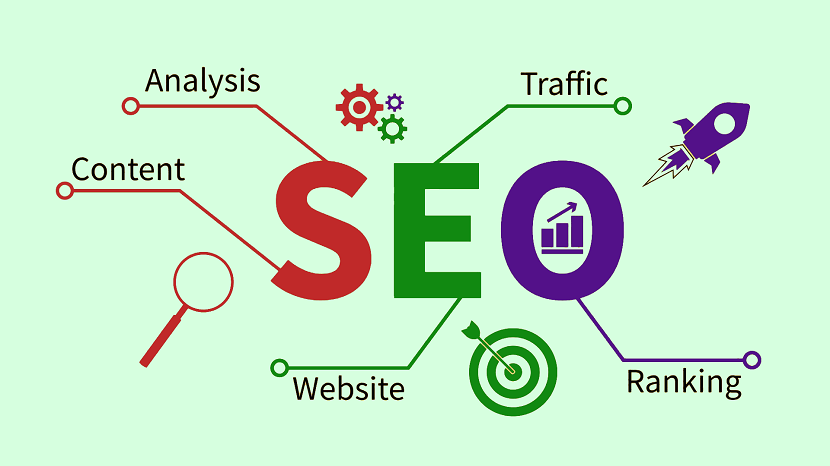
.jpg)
